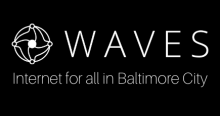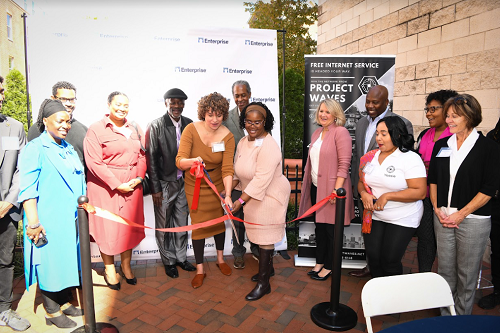How MINET is Expanding Broadband in Oregon - Episode 630 of the Community Broadband Bits Podcast

In this episode of the podcast, Chris speaks with PJ Armstrong, General Manager of MINET, about the innovative ways this municipal network is expanding connectivity in Monmouth, Independence, and Dallas, Oregon.
They discuss MINET’s remarkable 75% market penetration, their unique partnership with investors for rural expansion, and their efforts to provide free Wi-Fi in local parks and public trolleys. Learn how MINET’s in-house team is taking on new challenges, such as underground infrastructure work, and how they’re navigating opportunities with federal programs like ARPA and BEAD.
Armstrong also shares insights into the community’s appreciation for reliable, locally operated Internet service and the complexities of extending broadband to unserved and underserved areas.
This show is 22 minutes long and can be played on this page or via Apple Podcasts or the tool of your choice using this feed.
Transcript below.
We want your feedback and suggestions for the show-please e-mail us or leave a comment below.
Listen to other episodes or view all episodes in our index. See other podcasts from the Institute for Local Self-Reliance.
Thanks to Arne Huseby for the music. The song is Warm Duck Shuffle and is licensed under a Creative Commons Attribution (3.0) license



